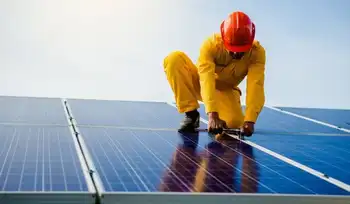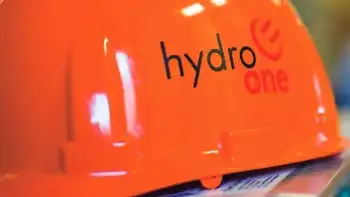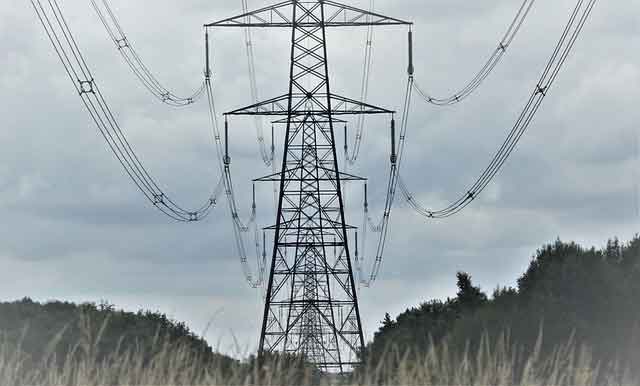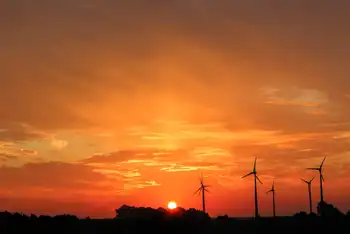Republicans bash EPA over GHG rules
WASHINGTON DC - Republican lawmakers, who unveiled a bill to stop the Environmental Protection Agency from regulating greenhouse gases, said the agency's rules will hurt jobs and send manufacturing overseas.
"I know American manufacturers can compete — but not if they are saddled with burdensome regulations that put us at an unfair advantage," Representative Fred Upton, the chairman of the House Energy and Commerce Committee told a hearing on his new bill.
Upton and other Republicans said rapidly developing countries such as China were not placing the same rules on their businesses, so some manufacturing could be forced abroad.
EPA Administrator Lisa Jackson, a witness at the hearing, said she expected the rules mitigating pollution from big plants would lead to more job creation.
She quoted a report released by Ceres, a coalition of institutional investors and environmentalists, that said EPA rules would create nearly 1.5 million temporary jobs in engineering, construction and other professions through 2015.
The EPA rules on mercury and chemicals that cause smog will force utilities to build new capacity and add pollution controls, creating a net addition of more than 2,000 permanent jobs in operations and management, it said.
Jackson said Upton's bill, and similar legislation that has been introduced by fellow Republican James Inhofe in the Senate, would kill jobs in the renewable fuels business.
An analyst said the Upton's bill faces an uphill battle. "I think the Upton/Inhofe bill, by permanently cutting off EPA's authority to regulate greenhouse gases, is too harsh in its scope to secure enough votes to pass," said Divya Reddy, an energy analyst at the Eurasia Group.
She said a bill sponsored by Senator Jay Rockefeller, a Democrat, that would delay the EPA rules for two years had a better chance of passing, but even if it did, Obama would likely veto that.
Republicans are also trying to cut EPA funding under a spending plan released earlier that could hurt the agency's ability to regulate the gases.
The EPA launched its first climate rules in January. They make big polluters like refineries and power plants hold permits for emitting greenhouse gases. The agency will propose limits on emissions from big plants starting in July.
President Barack Obama had always said the EPA would act if Congress failed to pass a comprehensive climate and energy bill, and such legislation died last year.
The EPA determined in 2009 that greenhouse gases emissions from tailpipes and smokestacks endanger human health and welfare, which set it up to issue the rules.
Upton and other Republicans questioned the science behind the finding, saying the agency relied heavily on the United Nation's science panel, which has been criticized by some for errors that have since been corrected.
But the EPA's Jackson said her agency relied on a wide range of peer-reviewed climate research and that the U.S. National Academy of Sciences as well as the leading U.S. science organizations stated many lines of evidence showing human actions were warming the planet.
At the hearing Representative Henry Waxman, a Democrat, mentioned a letter he circulated late on Tuesday written by Jackson's predecessor under Republican President George W. Bush that suggested he believed that human actions where warming the planet.
Stephen Johnson, the former EPA chief, wrote the memo in 2008 to Bush. It suggested the science-supported findings that greenhouse gases were linked to rising temperatures and that the EPA should propose regulations on the gases.
The letter, which had not been revealed publicly before February 8, was "proof that it is not me sitting in the administrative chair" who looks at the science and makes recommendations, Jackson said.
Related News

Solar power growth, jobs decline during pandemic
LOS ANGELES - Job losses associated with the COVID-19 pandemic have wiped out the past five years of workforce growth in the solar energy field, according to a new industry analysis.
The expected June 2020 solar workforce of 188,000 people across the United States is 114,000 below the pre-pandemic forecast of 302,000 workers, according to the Solar Energy Industries Association, which said in a statement Monday that the solar industry is now losing jobs at a faster rate than the U.S. economy.
In Massachusetts, the loss of 4,284 solar jobs represents a 52 percent decline from previous projections, according to the association’s…




